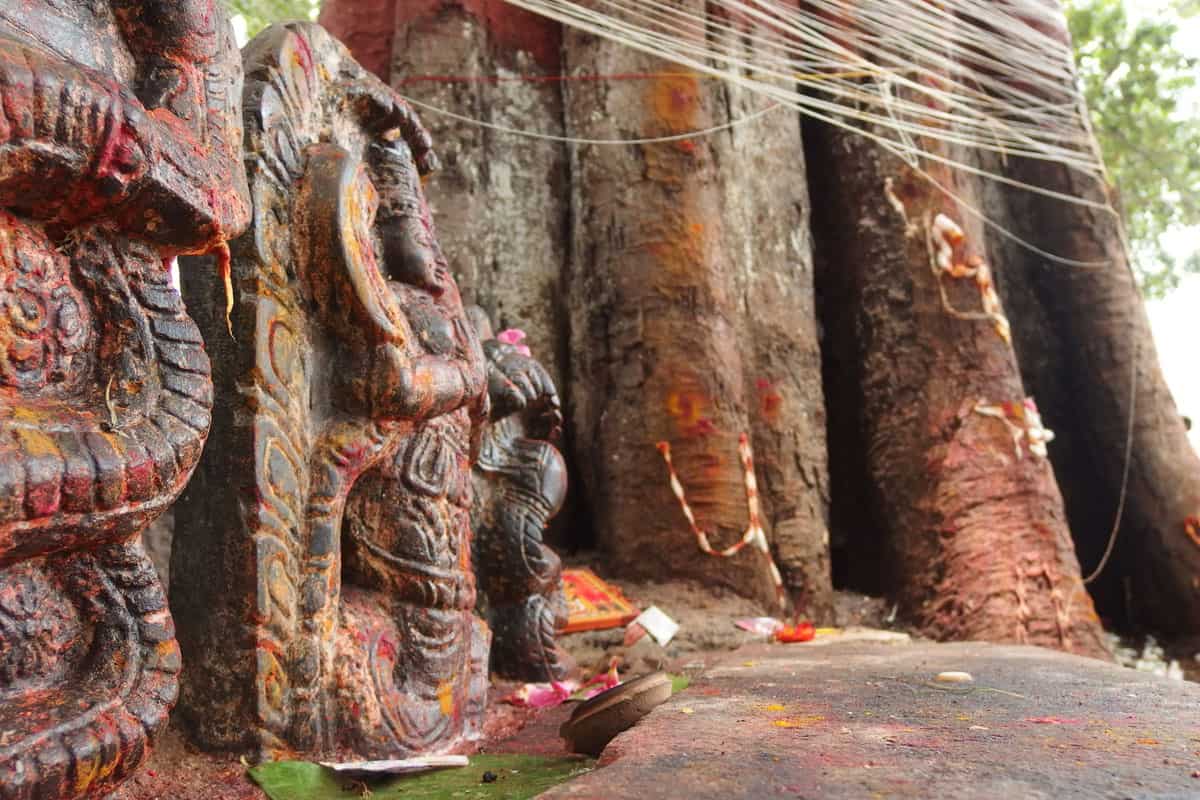We are looking for two Full-time interns for this research project in Bangalore on:
Ashwath katte (tree worship) as a sustainable urban space

The research will look at the practice of tree worship which continues to be a part of the everyday life of the people in the city. Specifically, it will look at how the Peepul tree shrine and the raised platform around it, locally called the ashwath katte has developed as a sustainable urban space. Using spatial ethnography and oral history methods, we will attempt to understand how the katte can help sustain not only environmental practices but also the social and cultural practices of a community, particularly in Bangalore, where urbanization has engulfed villages and subsumed both its physical and social fabric.
We are looking for people with skills to gather stories from local communities. Data collection also includes photo-documentation, sketching & mapping.
Two Full-time positions: 40 hours/week @ Rs.20,000/month [3-6 months]
To apply: Send in a CV and a short note on why you would like to be a part of this project
Contact email: kiranmkeswani@gmail.com www.everydaycitylab.com